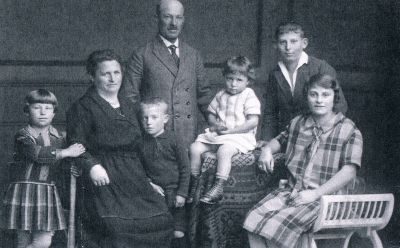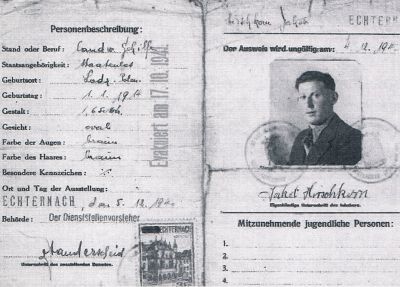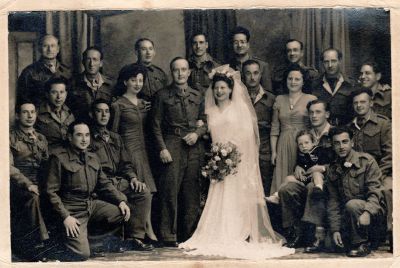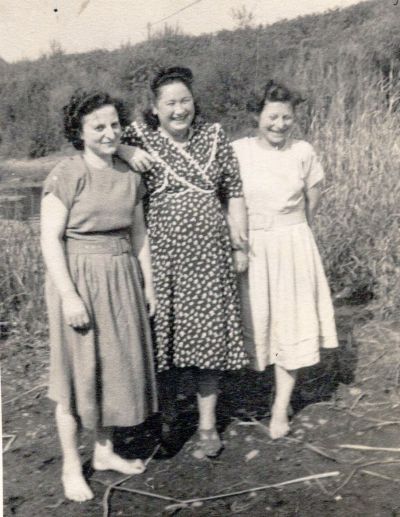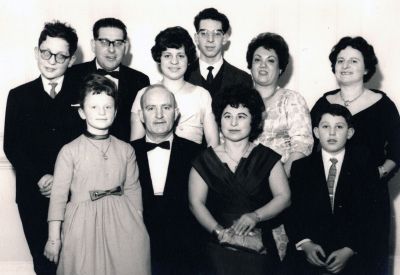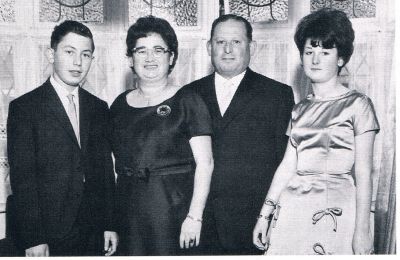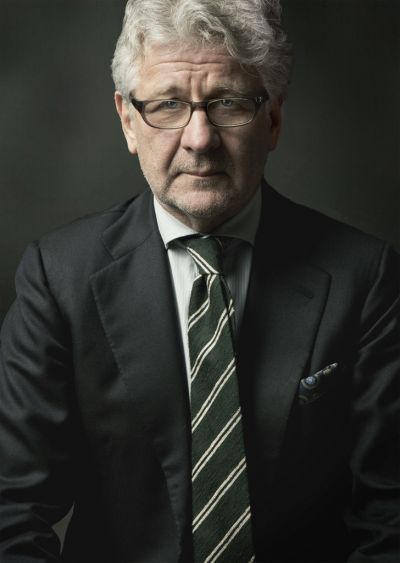Jakob Hirschkorn and Halina Zylberberg: The fortunes of a Jewish family from Łódź
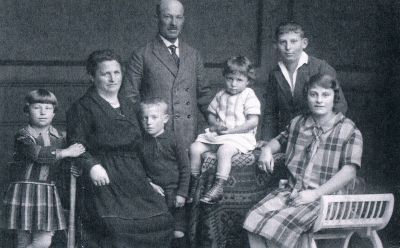
In the Litzmannstadt Ghetto
Jakob found his parents (Sara and Aron) and his brother Norbert again in the Litzmannstadt Ghetto. Aron and Norbert had been expelled from Germany at the end of October 1938 along with a further 17,000 Polish Jews from Germany. From Cologne-Deutz, they were deported in a closed train to the German border station of Neu-Bentschen (now Zbąszynek) to the west of Poznań and forced by the SS to go the last few kilometres on foot to the border. His father Aron was part of a larger group which the Polish border guards did not allow to enter the country. These people had to stay in German detention camps. His mother Sara, who had had to watch how Nazi henchmen ravaged her house during the November pogroms of 1938, left Wawern with her youngest daughter Erna in June 1939 to be with her husband in Neu-Bentschen. The Germans later deported the couple to the Litzmannstadt Ghetto. The SS murdered both of them in Auschwitz in 1944.
The fortunes of the siblings
Jakob’s brother Norbert was taken out of the Cologne train in Schwedt/Oder and taken for forced labour in a stone quarry. After the invasion of Poland by the armed forces, he and 200 other Jewish prisoners of a “Sonderkommando” had to empty factories, farms, businesses and homes so that everything could be taken “to the Reich”. When the unit reached Łódź, Norbert Hirschkorn stayed with his parents in the ghetto. From 1941, he was a forced labourer on the Reichsautobahns that ran from Frankfurt (Oder) to Poznań and from Wrocław to Kraków. After 30 months of ongoing slave labour, the Germans took him to the Auschwitz concentration camp where the forced labour continued. On 17 January 1945, the SS forced 3,000 prisoners west to the Blechhammer concentration camp where Norbert Hirschkorn was able to escape along with other prisoners. He managed to return to Wawern near Trier via Luxembourg in a transportation of former Belgian deportees. In 1951, he abandoned his plans to emigrate to Argentina or Canada when he opened a men’s and ladies’ knitwear business in Trier. In Brussels he had met Rita Weinmann, who had fled from the Nazis in Berlin. They married in 1953 and had two children Sonia and Ronnie. Norbert Hirschkorn was elected to the Board of the Jewish community in 1963. He died on 14 June 2002.
Jakob’s eldest sister Sophie, who left Wawern for Cologne with her husband Jakob Schimmel in 1937, was also brutally deported to Poland by the Germans during the so-called “Poland campaign” at the end of October 1938. To date, her fate has not been able to be determined; it is possible that the couple was murdered in Majdanek. The younger sisters Paula and Erna Hirschkorn were able to be saved by going to England. Paula Hirschkorn arrived in Dover on 20 February 1939 after obtaining a visa two days before. At first, she lived with an aunt in London’s East End. Erna then also found accommodation there. But because the home was too small for the family, the two sisters moved to their own lodgings. Shortly after the end of the war, Paula met Chaim Berlin who was from Vilnius. He was the only survivor in his family. Chaim had been a Polish prisoner of war in Stalag VIII A near Görlitz. After liberation, he and many others went to Scotland. There had been Polish military units in Scotland since September 1939 to support Great Britain in the fight against Nazi Germany. When Chaim Berlin married Paula Hirschkorn in 1946, he was still a soldier. Many of his Polish colleagues who were stationed in Scotland came to the celebrations. Paula and Chaim had three children – Alan, Hilary and Sophie. Chaim Berlin became an engineer and died in 2006 at the age of 92. Paula Hirschkorn-Berlin died in 2016 at the age of 96.
In Neu-Bentschen, Erna Hirschkorn found out that she had been given a place on a Kindertransport to England which meant that she was also able to flee Nazi Germany on 13 August 1939. She met her sister Paula again in London. She later married the Englishman Edward (Eddy) Binki. The couple also had three children – Adrian, Leslie and Raymond. Edward Binki worked as a car mechanic and died in 1995. Erna Hirschkorn-Binki died in 2014.
